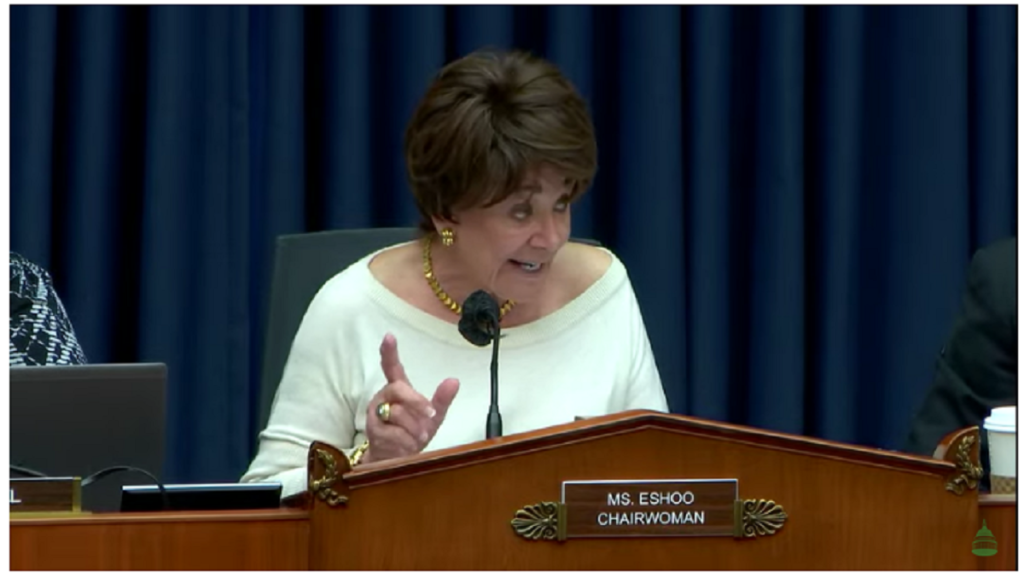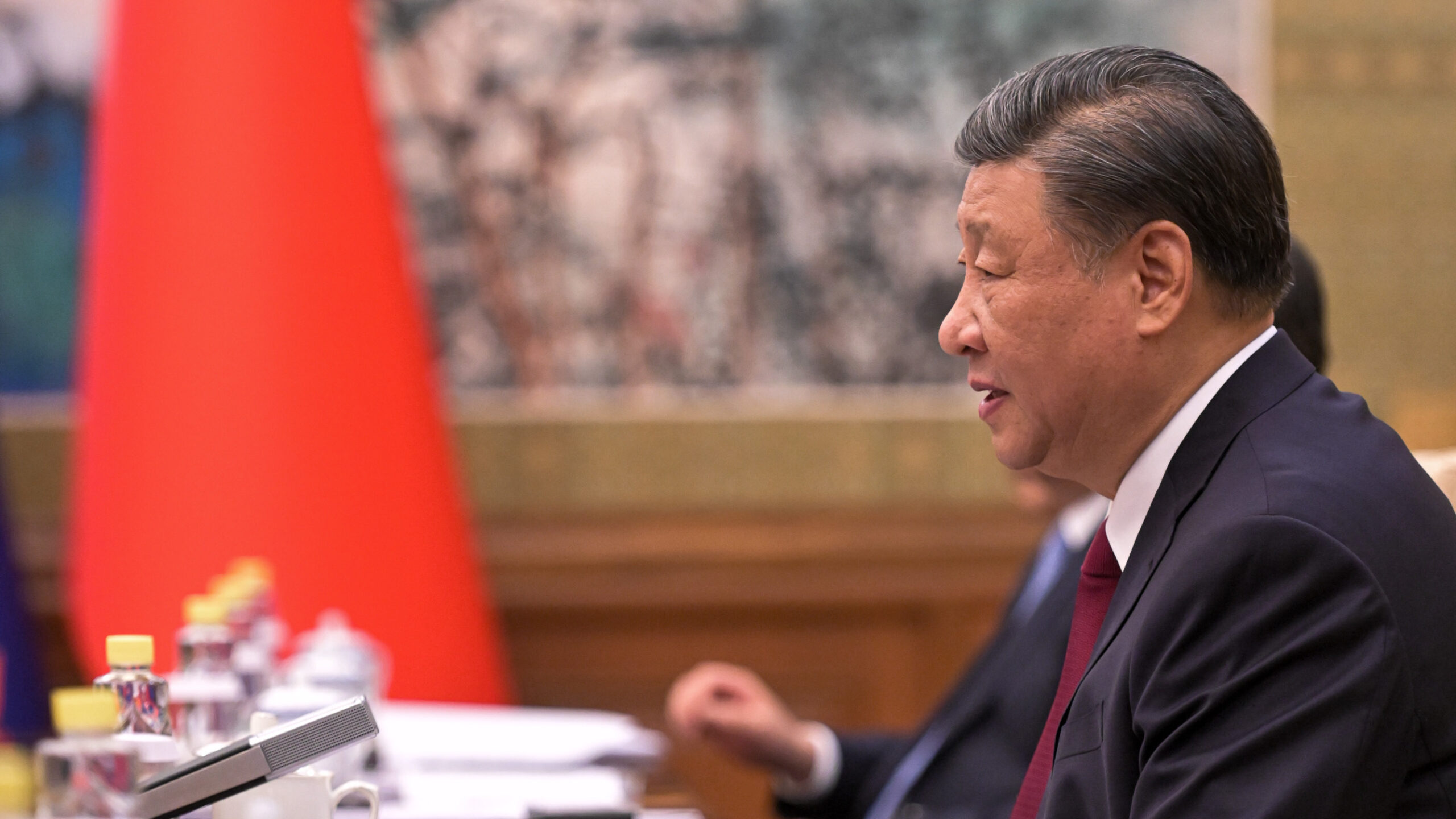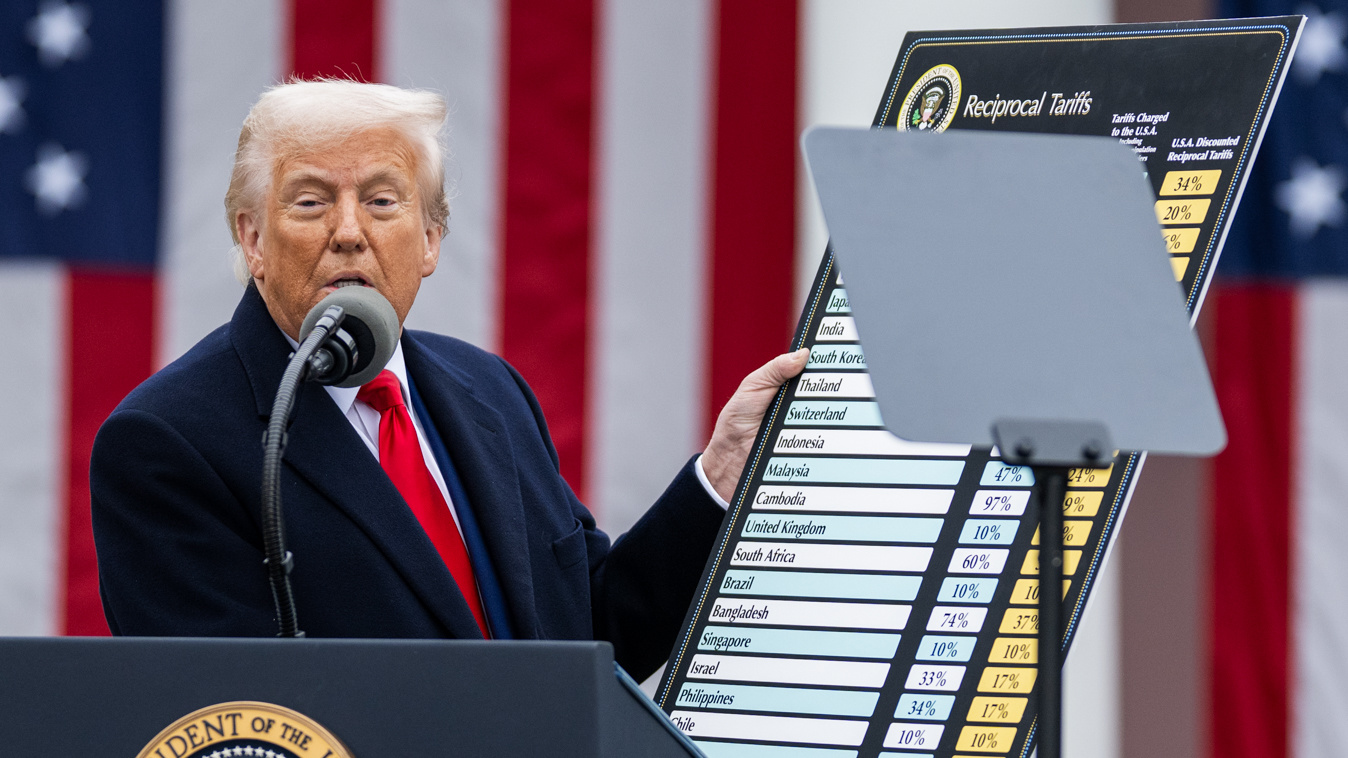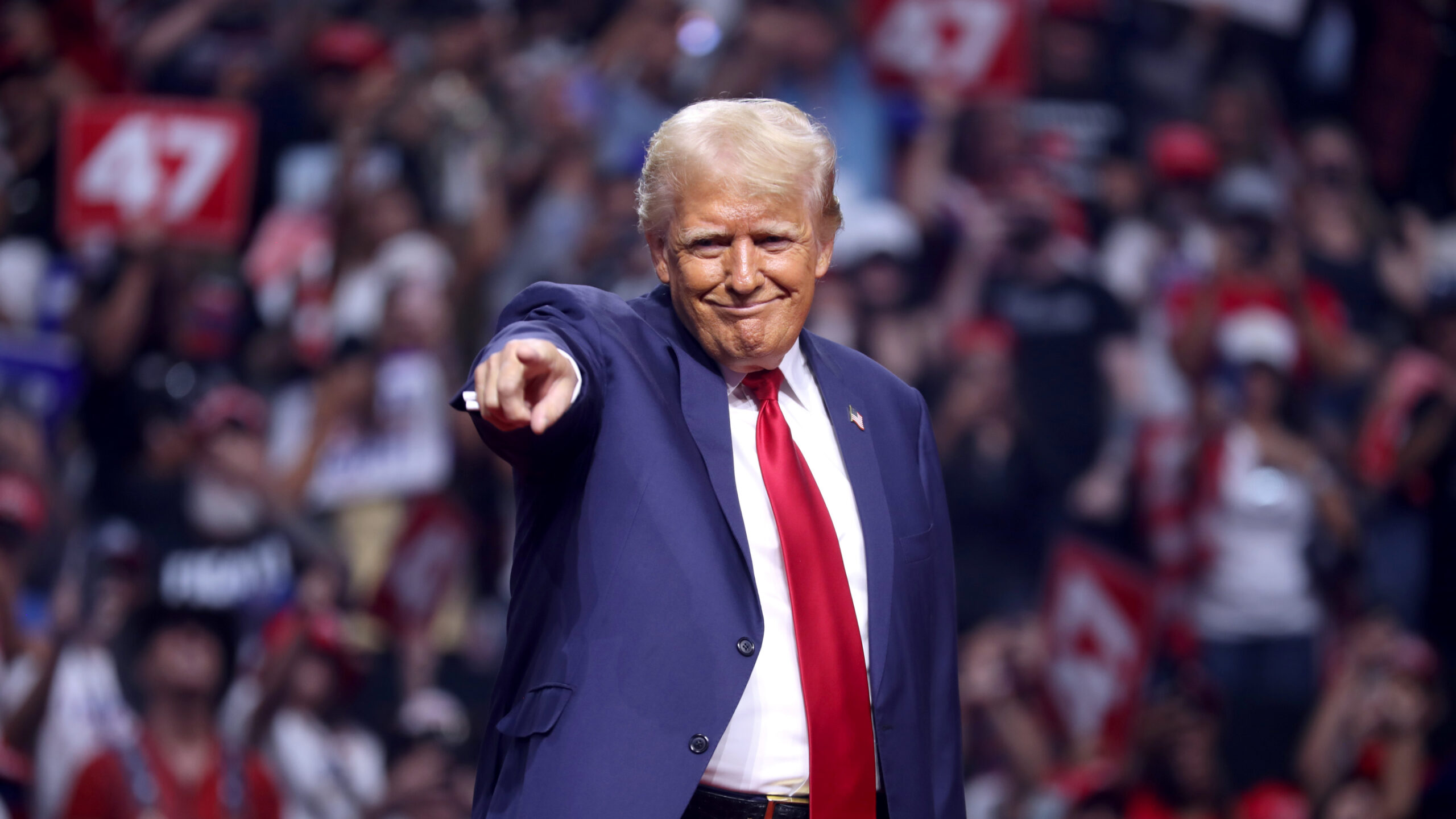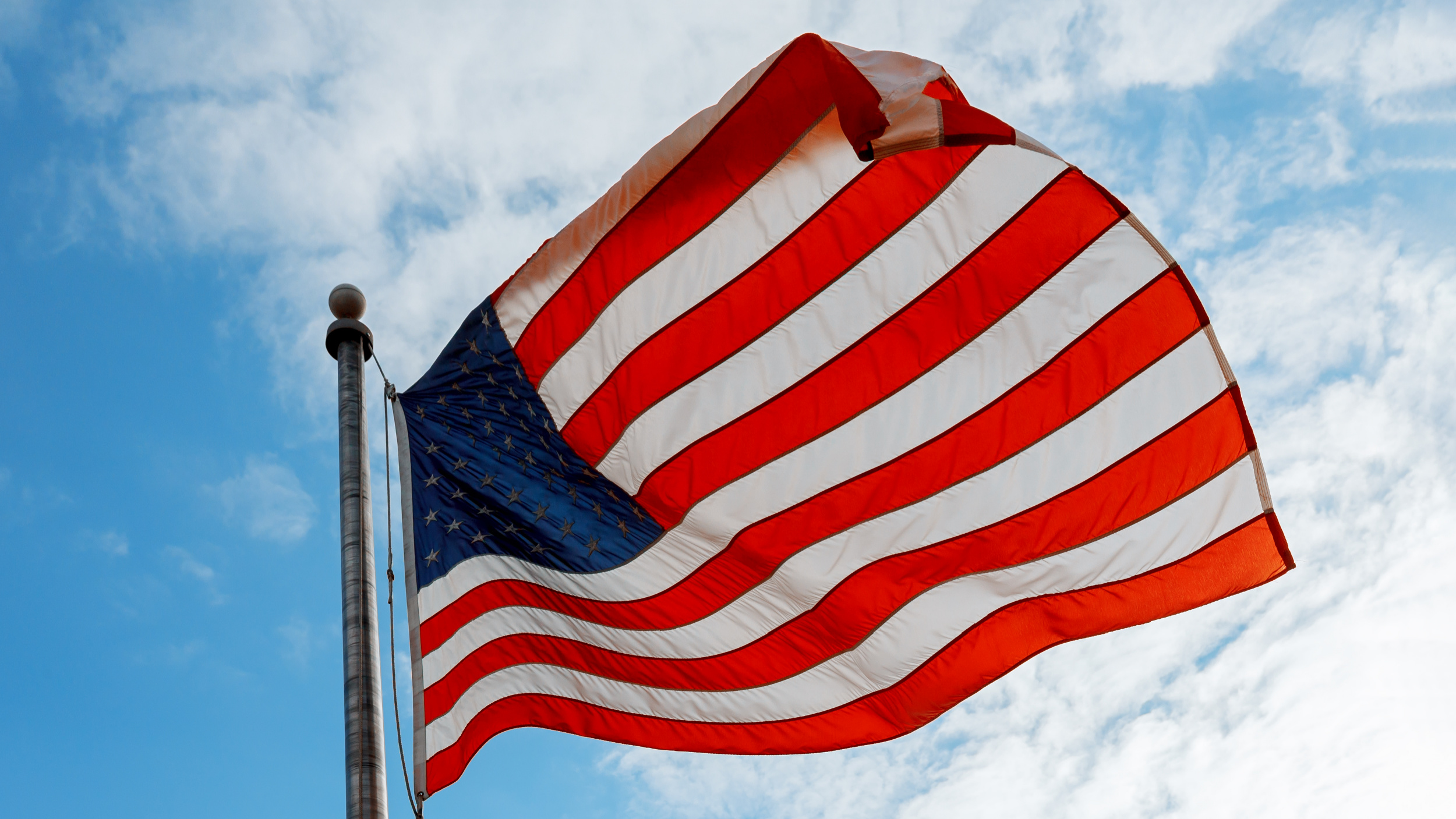H.R. 7667, best known as the FDA user fees authorization bill, made it through the House Subcommittee on Health on Wednesday with flying colors. There were 30 “yes” votes and 0 “no” votes to move it to final committee. But one stumble block remains that could derail this bill’s passage. The bill is needed to fund the FDA for the next five years.
Members of both parties are stuck on how to define “remanufacturing” of expensive medical devices. To some, it is merely servicing of massive X-ray machines and MRIs. To others, those services often include re-engineering of a device approved for patient use by the FDA and therefore no longer what the original item was approved for.
Rep. John Joyce (R-PA-13) said the remanufacturing debate could slow H.R. 7667, calling it a “complex problem.”
“I have seen evidence from Pennsylvania and elsewhere that these people who re-engineer are crossing the line and changing the nature of the device….that can endanger patients if not functioning properly,” he said. Joyce mentioned a part made for fusion pumps that were made in China. The product had to be recalled.
In 2018, many adverse events related to “servicing” equipment were due to remanufacturing of the original FDA-approved device, often from imported parts.
Rep. Ann Kuster (D-NH-2) said “the definition of remanufacturing is about remaking medical devices above and beyond what they were already inspected for.” She introduced legislation on this in the FDA funding bill.
Rep. Frank Pallone (D-NJ-6), chairman of the House Energy and Commerce Committee, under which the Health subcommittee resides, said he had never seen a time when the funding bill was ready to go to final committee so quickly. Both parties want this to pass by the fall deadline. Except for this one issue, which could cause bottlenecks at the FDA – which will lead to the continuation of lackluster inspections abroad of drug labs, and slow approval for new generic drugs.
“This policy on remanufacturing has not hit consensus,” Rep. Pallone said. “If we are going to try and define this we are not going to (get through) full committee mark up next week. There is such a battle on this that I cannot commit to saying we can do this by next week.”
Still, the existing bill will go to the final committee, and they will have to battle over this in there.
Subcommittee Chairwoman Anna Eshoo (D-CA-18), who sponsors H.R. 7667, was the optimist on Wednesday. Not only did she predict an easy vote to bring to final committee discussion, but also that it will make it through in time to pass the bill in the House before the September 30 user fee deadline.
“After the fast few decades, the user fee agreements have evolved to make sure the FDA has the resources for its review for drugs and devices and this bill will provide the FDA billions over the next five years and allow them to hire hundreds of new employees,” she said. “We will be on track for September.”
“This legislation will promote more domestic manufacturing.” – Rep. Brett Guthrie (R-KY-2)
There was also talk in Wednesday’s mark-up hearing about faster approvals for oncology medication. This issue has been raised at previous hearings.
Rep. Richard Hudson (R-NC-8) was one of maybe two Committee members to bring up the FDA’s work abroad. “The FDA really needs to strengthen its foreign inspections program,” he said.
Like the potential for faulty, remanufactured medical equipment, drugs from foreign labs that have not passed inspection, or are the recipient of Warning Letters, are still allowed to sell goods to the U.S.
Last month, CPA launched its American for Safe Drugs campaign. It led with a survey by Morning Consult that showed that 84% of Americans want the FDA to ban imports of generic medicines from foreign manufacturers that have received a Warning Letter. And 86% of Americans support the FDA testing generic medicines imported into the U.S. from foreign manufacturers that have received a Warning Letter.



